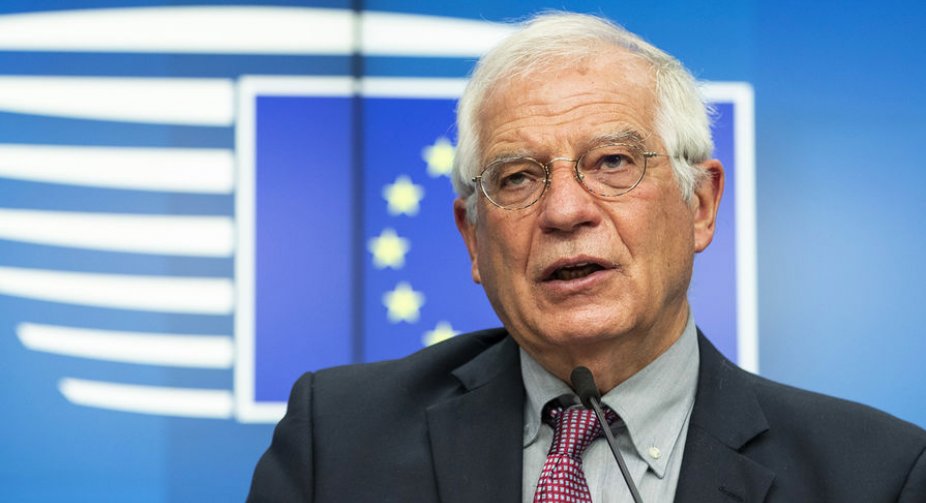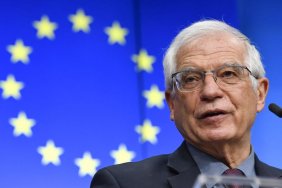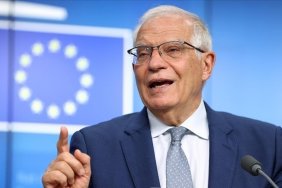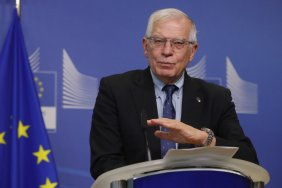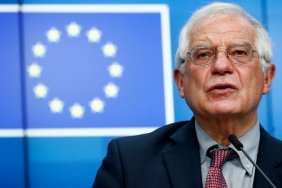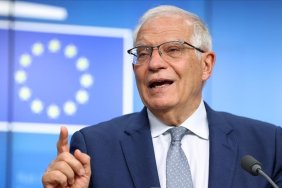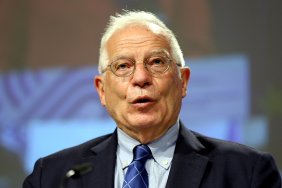EU chief diplomat Josep Borrell rejected the claim that the Russian economy has not yet suffered much from Western sanctions, while European consumers are already feeling the burden of high energy bills. He said this in an interview with DW.
In his view, more important than reducing Russian gas consumption are efforts to "break the ties of the Russian economy with the rest of the world."
"The Russian military machine needs not only money, but also technology," he noted, pointing to Russian tanks that use Western components. "Look at the hull of a downed Russian tank. And you will see how many electronic components of Western companies are there. They (Russians) won't have access to them anymore," Borrell said.
As the head of EU diplomacy noted, Russia's GDP will shrink by 10 percent this year, which, he said, will lead to "the biggest recession ... since the collapse of the Soviet Union." Very soon, Russian President Putin "will have to choose between guns and butter for the people," Borrell said.
Borrell also rejected criticism of EU energy policy. EU countries have cut their purchases of natural gas from Russia in half since Russia began its military invasion of Ukraine, he said.
"While the share of Russian energy in the EU was 40 percent by the beginning of the war, it has now dropped to 20 percent," he said. According to Borrell, it is impossible "to demand that the European economy stop buying gas overnight," "we cannot work miracles."
Asked why Brussels did not impose punitive tariffs on Russian gas in order to reduce the flow of funds into Moscow's military coffers, Borrell said that this proposal was seriously considered, but was rejected. According to him, instead a "firm decision" was made "to stop buying (Russian. - ed.) oil since the end of the year, and now we are in the process of stopping the purchase of gas (from Russia. - ed.)". At the same time, he stressed that further reduction of Russian gas imports will happen "quickly.
